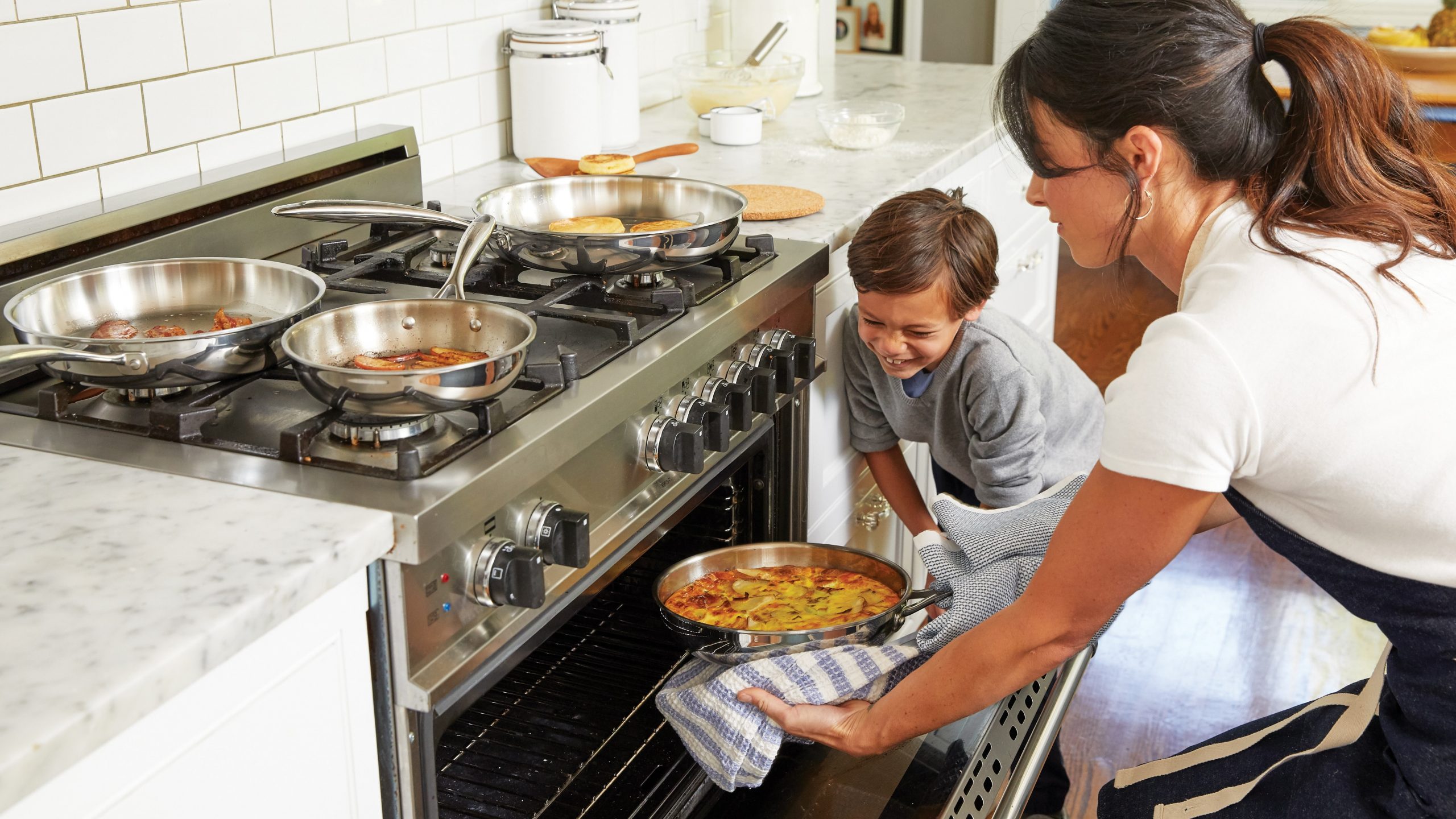What does good due diligence involve food? Well, food safety regulations need to be strictly adhered to in order to be considered a food safety issue. Following and recording a suitable HACCP system is an effective way to evidence this, and can be your primary defence against legal issues under the Food Safety Act 1990. It helps to prove that you applied all reasonable precautions and due diligence to avoid committing an offence.
Under the Food Safety Act 1990, a due diligence defence is the primary way to prevent legal repercussions if there is a food safety incident in your business. It is designed to balance the protection of the consumer against defective food with the right of traders, so that they won’t be convicted of something they took all reasonable care to prevent.
The offence was due to an act or default of another person who was not under the business’s control, or due to reliance on information supplied by this person. For example, if they needed to inform the business of an allergy.
If your business ever faces a legal dispute surrounding food safety, a due diligence defence will protect you. Therefore, you should ensure that your systems are sufficient to prove you did everything possible to prevent food safety breaches.
The type of food safety HACCP system you need depends on your business’s size and the activities it carries out. That’s why it’s important to regularly carry out food risk assessments (or a HACCP risk assessment) to identify your requirements. A
However, there are certain safety practices and key aspects of HACCP that every business should have in place. For example, your records should always thoroughly explain your procedures for preventing cross-contamination. Likewise, every HACCP plan must identify what your business does to control critical risks.
You should regularly check that you have sufficient evidence of fulfilling these requirements. Without it, you lack proof that you’re doing all you can to manage food safety risks and leave yourself open to legal consequences.
What does good due diligence involve food? Well, food producers, manufacturers and importers will need to follow the food production, processing and labeling (or lack thereof) chain when making an order. It is not enough that they took all reasonable care to ensure the food was safe for consumption. The order must also be safe for personal use.
To successfully complete this task, the person or company must be able to prove that all due diligence was exercised throughout the production chain and that all due diligence was exercised at the senior levels of the company.
A due diligence defence is the primary way to prove that you are following due diligence in the production chain. It is designed to balance the protection of the consumer against defective food with the right of traders, so that they won’t be convicted of something they took all reasonable care to prevent.
The offence was due to an act or default of another person who was not under the business’s control, or due to reliance on information supplied by this person. For example, if they needed to inform the business of an allergy.
If your business ever faces a legal dispute surrounding food safety, a due diligence defence will protect you. Therefore, you should ensure that your systems are sufficient to prove you did everything possible to prevent food safety breaches.
The type of food safety HACCP system you need depends on your business’s size and the activities it carries out. That’s why it’s important to regularly carry out food risk assessments (or a HACCP risk assessment) to identify your requirements. A
However, there are certain safety practices and key aspects of HACCP that every business should have in place. For example, your records should always thoroughly explain your procedures for preventing cross-contamination. Likewise, every HACCP plan must identify what your business does to control critical risks.
You should regularly check that you have sufficient evidence of fulfilling these requirements.
Well, it can be used to prove that your business has done everything reasonably possible to prevent food safety breaches.
To successfully prove that you have done everything reasonably possible to prevent food safety breaches, you need to have performed all relevant checks and is above the legal limit on the storage and distribution of food.
Ways in which you can prove due diligence include carrying out due diligence in the workplace to determine what the law says about when to act on a determination.
In cases where one or more of those questions are impossible to answer, difficulties can arise in any type of business. Low visibility, lack of control and insufficient means of monitoring performance are all problematic. Blind spots leave businesses vulnerable to risks, resulting in potentially huge liabilities and reductions in business value.
Non-compliance with regulatory standards leads to financial penalties and reputational damage. Non-compliance with brand guidelines creates question marks over the customers’ experience of the brand promise, directly impacting occupancy, loyalty and therefore profitability.
In summary, the Due Diligence Defence amounts to ‘demonstrating that all reasonable precautions have been taken and that all due diligence has been applied’. This applies from the obvious legal perspective but also from an
Checkit digitises compliance procedures and provides all round support for businesses to deliver on their food safety and Health & Safety compliance commitments in real-time, from policy design to implementation to monitoring and support when you need it.
makes organisations smart, safe and efficient. Our products use Internet of Things (IoT), mobile and cloud technologies to ensure our customers get the best out of their mobile teams, processes and buildings.
Well, food comes in a wide variety of flavours and needs different treatments. Here, Nye Hardy, a former…






